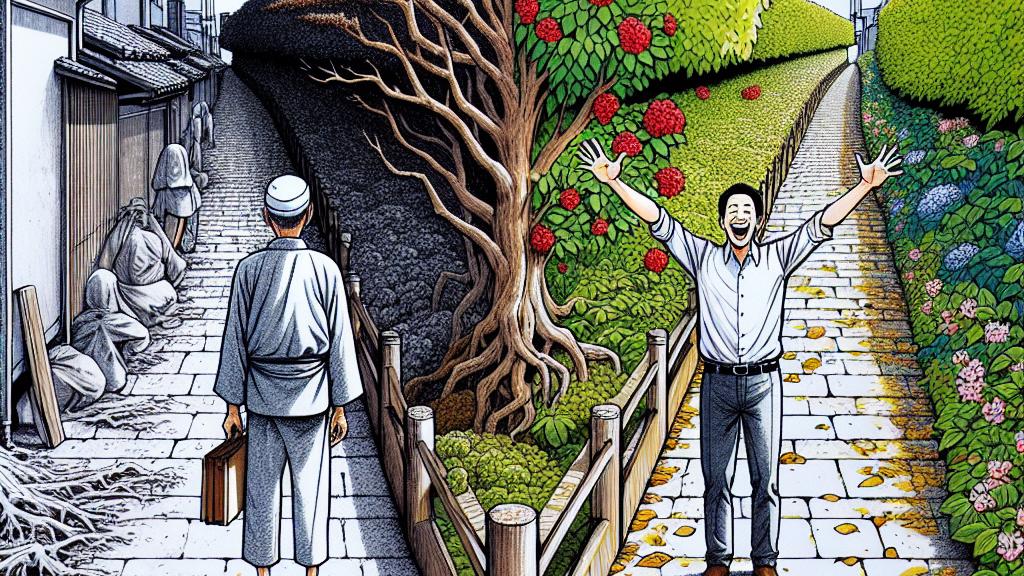The Chilling Reality of Lifespan: Unmarried Men vs. Their Married Peers!
Overview
- In Japan, the average lifespan for men stands at an impressive 82 years.
- However, unmarried men experience a dramatic downturn, averaging only 67 years.
- Lifestyle choices and social connections significantly impact overall health and longevity.

The Stark Lifespan Contrast
Imagine a society where the average lifespan of Japanese men shines at 82 years, a reflection of advanced healthcare and rich cultural practices. Yet, lurking beneath this sunny exterior is a shocking reality: unmarried men face an average lifespan of a mere 67 years. Picture a 50-year-old bachelor. He might see himself as a free spirit, believing life holds endless adventures, but statistics tell a different story. He’s likely to enjoy only 17 more years when compared to his married peers, who can look forward to an additional 32 years filled with shared experiences and connections. This contrast isn’t just numbers; it’s a tale of two paths, with one girded in vibrant greenery and the other fading away like dry leaves in autumn.
Unpacking Lifestyle Influences
Let’s delve deeper into the lifestyle factors at play. Research consistently shows that married individuals often flourish in their health journeys. They tend to cook meals together, enjoy exercise as a couple, and attend regular health check-ups—these are lifestyle habits that can greatly enhance longevity. For instance, couples preparing fresh, nutritious dinners create a bond that not only nourishes their bodies but also strengthens their relationships. Conversely, many single men might find their kitchens devoid of fresh produce, often opting for quick fixes like fast food or frozen meals. Health habits can be likened to a garden; without care and attention, vibrant blooms give way to weeds and decay. It’s crucial for unmarried men to recognize the power of small changes—like cooking a healthy meal each day—that can foster a flourishing lifestyle.
A Call to Action for Society
This significant lifespan gap serves as a clarion call for society to address the needs of unmarried men comprehensively. Communities have a golden opportunity to create supportive environments that nurture both health and connection. Picture local initiatives such as group cooking classes or organized sports leagues designed to foster camaraderie and community bonding—these could play a pivotal role in transforming the lives of unmarried individuals. Engaging in such activities can help cultivate a sense of purpose and belonging, ultimately leading to healthier lifestyles. By illustrating the profound impact of relationships on longevity, we open up discussions about crafting a society where everyone—single or married—can thrive. Let us seize this moment; together, we can champion healthier lives, forging bonds that last a lifetime.

Loading...